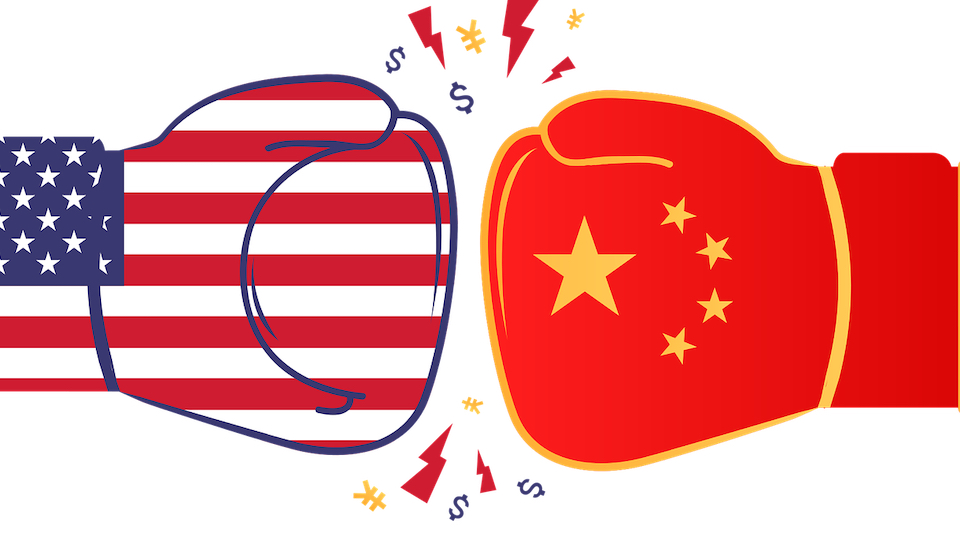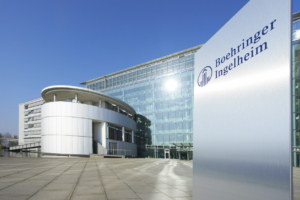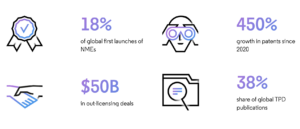
BIOSECURE Act could affect half of US biopharmaceutical development
The BIOSECURE Act of the United States could affect more than 120 US biopharmaceutical drugs partnered with Chinese companies 'of concern', as named in the bill. Of these, approximately half are in clinical trials (phases I to III) and a third are in early preclinical and discovery stages, according to GlobalData, the analytics company.
In January 2024, the US Senate and House of Representatives introduced the BIOSECURE Act to prevent US companies that collaborate with “foreign adversary biotech companies” from accessing US federal funding mechanisms such as contracts, loans and grants. The bill names major Chinese companies WuXi AppTec, BGI, MGI and Complete Genomics, along with their subsidiaries, parents, affiliates and successors, as risks to US national security. In May 2024, US lawmakers amended the BIOSECURE Act to allow existing contracts with Chinese companies to continue until 1 January 2032.
Alison Labya, Business Fundamentals Analyst at GlobalData, comments: “More than 45 US-based companies have entered into contract service agreements (CSAs), licensing agreements, or partnerships with Complete Genomics, WuXi Biologics Cayman, WuXi AppTec, or BGI Genomics and their subsidiaries.”
More than two-thirds of the drugs that could be at risk under the BIOSECURE Act were developed by public companies in the US, of which approximately 60% are marketed or in late-stage clinical trials (Phase II-III). Several biopharmaceutical companies, including Merck (USA), Gilead Sciences and Vertex Pharmaceuticals, have cited increased costs, delays in clinical trials, US Food and Drug Administration (FDA) submissions and drug launches as potential impacts of the BIOSECURE Act.
Labya adds: “This demonstrates long-standing relationships between major players in the biopharmaceutical industry and these large Chinese companies, as it typically takes more than a decade to bring a drug to market.” As biopharmaceutical companies look to diversify their suppliers ahead of the 2032 deadline set by the BIOSECURE Act, CDMOs based outside of China could see increased growth over the next decade.
This seems to be especially true for Samsung from South Korea. Samsung Biologics, with its vast experience and huge production facilities dedicated solely to biologics, can seize this opportunity to fill the gap and move forward as a major CDMO in the biopharmaceutical industry. According to GlobalData’s Pharmaceutical Intelligence Center, Samsung Biologics and its subsidiaries manufacture 17 innovator and biosimilar drugs approved in the US. These include Bristol Myers Squibb’s Opdivo and Yervoy, Roche’s Actemra and Rituxan, UCB’s Bimzelx and Rystiggo, and TG Therapeutics’ Bravivi.
Jithendra Kancharla, another analyst with GlobalData comments: “Samsung Biologics currently operates the world’s largest biologics CDMO facility in Incheon, South Korea, with a capacity of 604,000 litres. It plans to build another facility at the site, which will be operational by April 2025, bringing the site’s capacity to 784,000 litres. In addition, the company has focused on improving accessibility to customers by establishing sales offices in the US (Boston and New Jersey). Samsung Biologics aims to maintain a strong foothold in the biopharmaceutical CDMO market, with additional facilities enabling the manufacture of antibody-drug conjugates and gene therapies.”
Beyond Samsung, there are more CDMOs who are keen on taking over the shares from China.


 Boehringer Ingelheim
Boehringer Ingelheim Roche
Roche Clarivate
Clarivate